IN THE HEARTLAND FARMING
FALL HARVEST 2025
An Agricultural, Farming and Rural Development Supplement to the Freeborn and Mower County Shoppers.
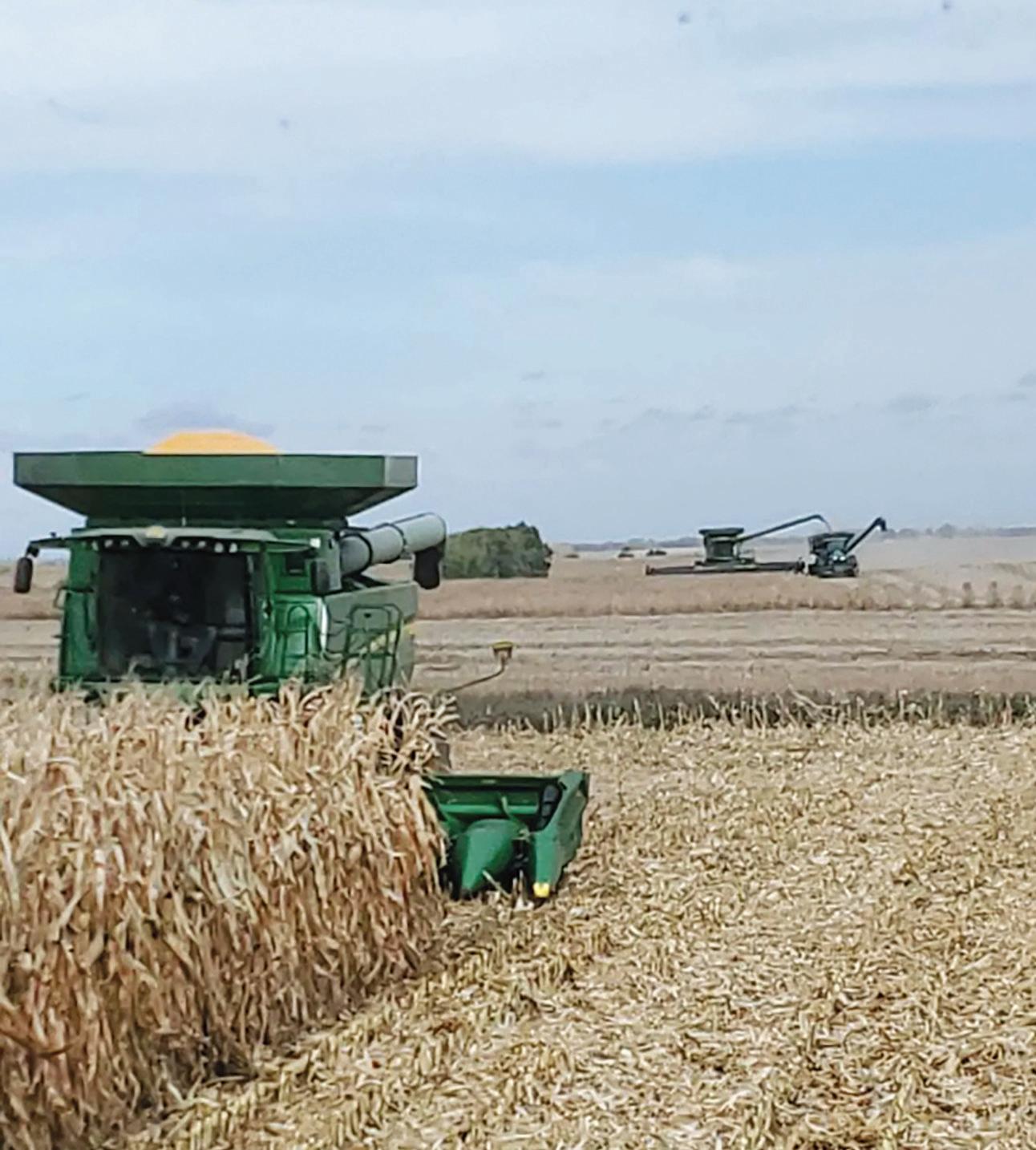
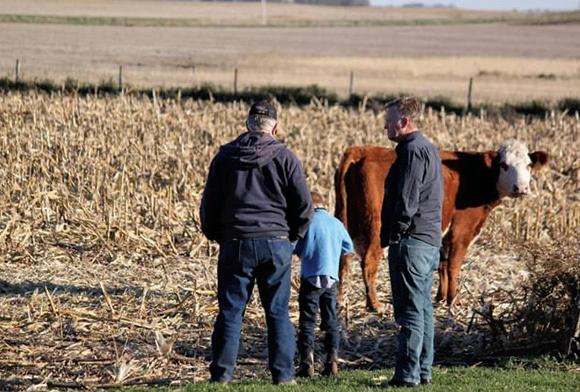
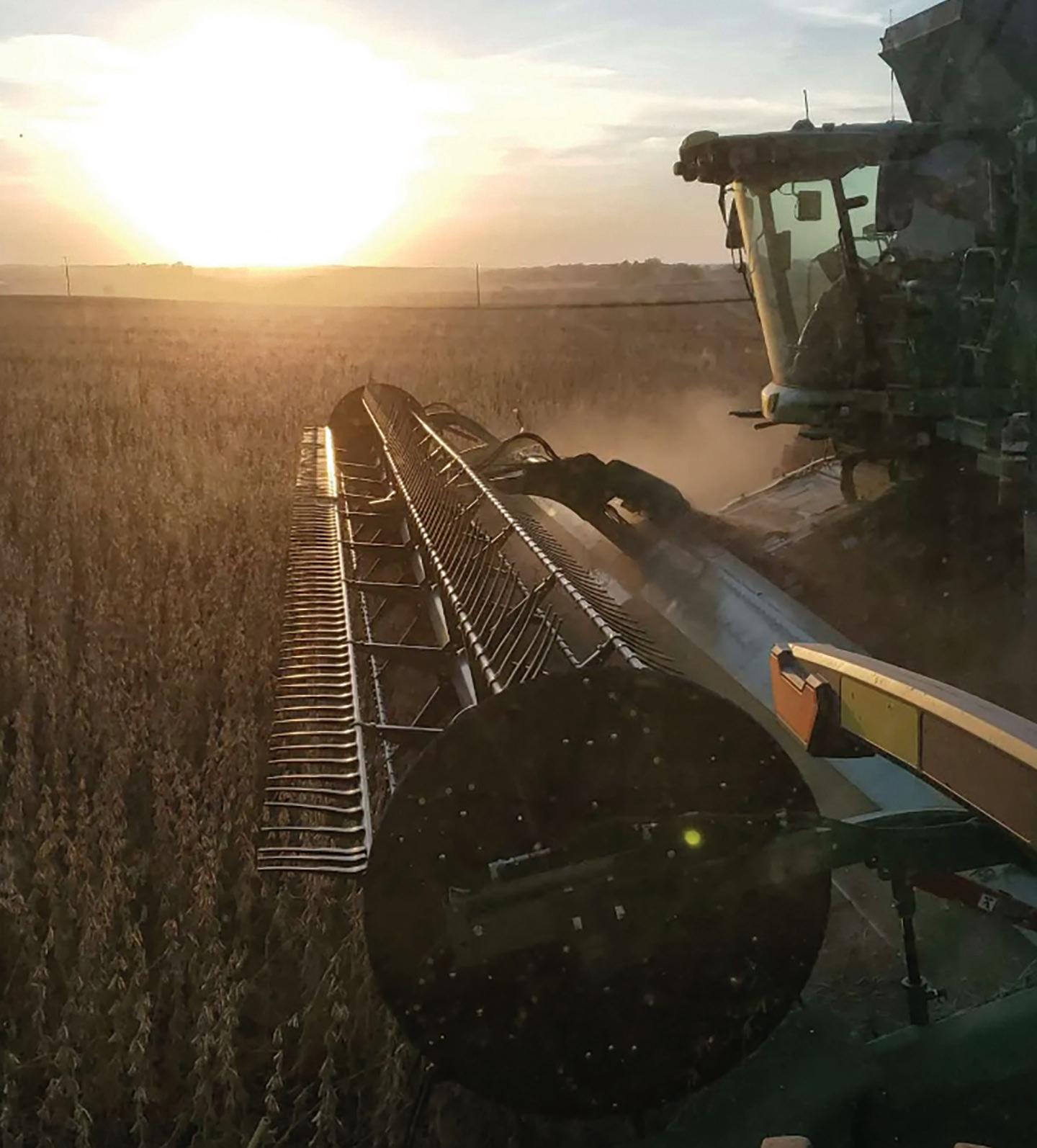
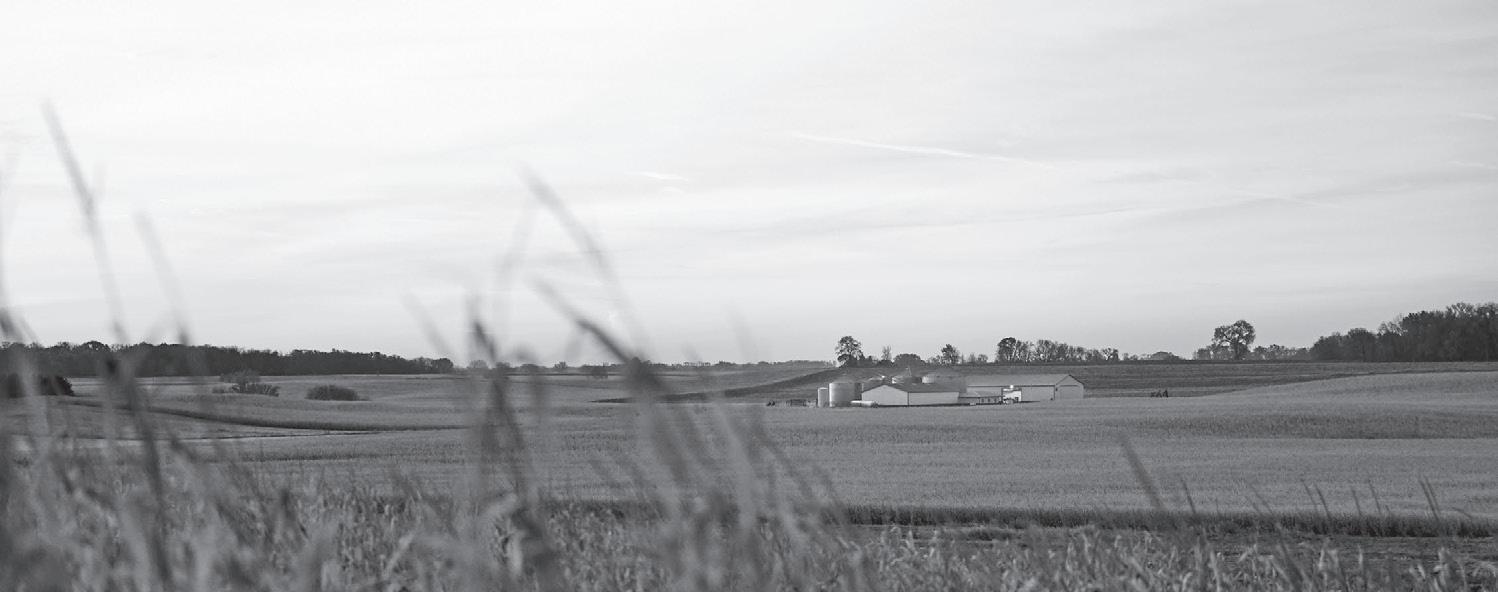


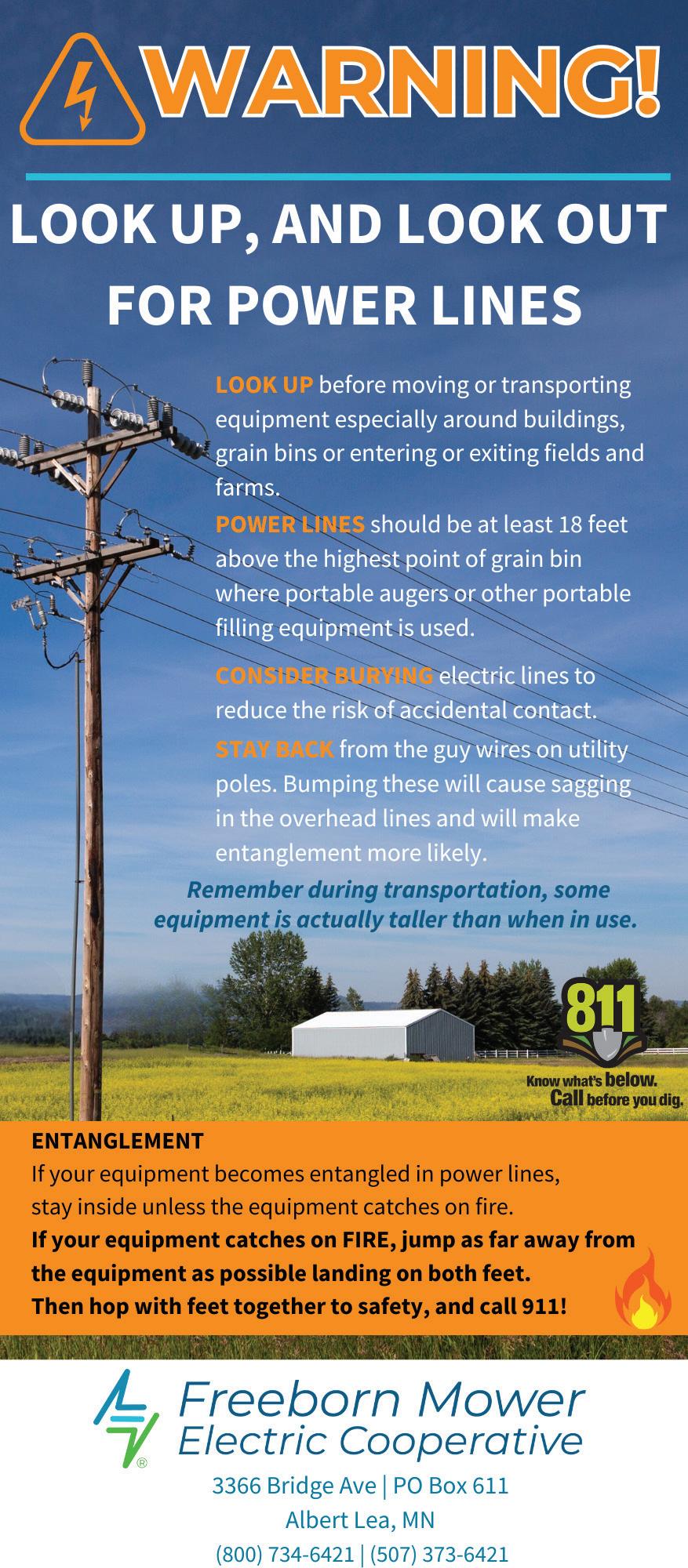

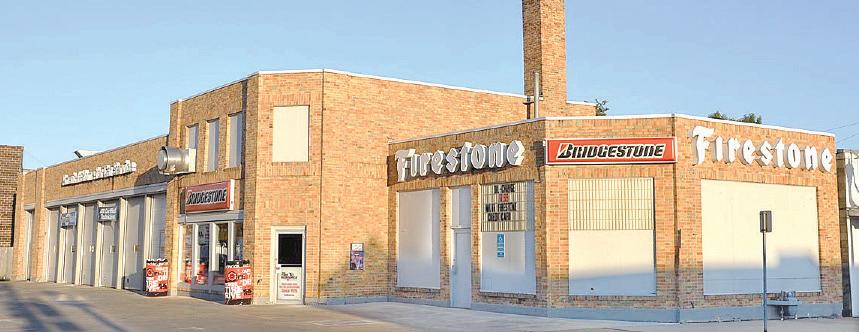
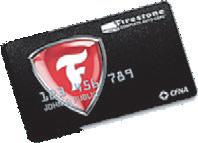

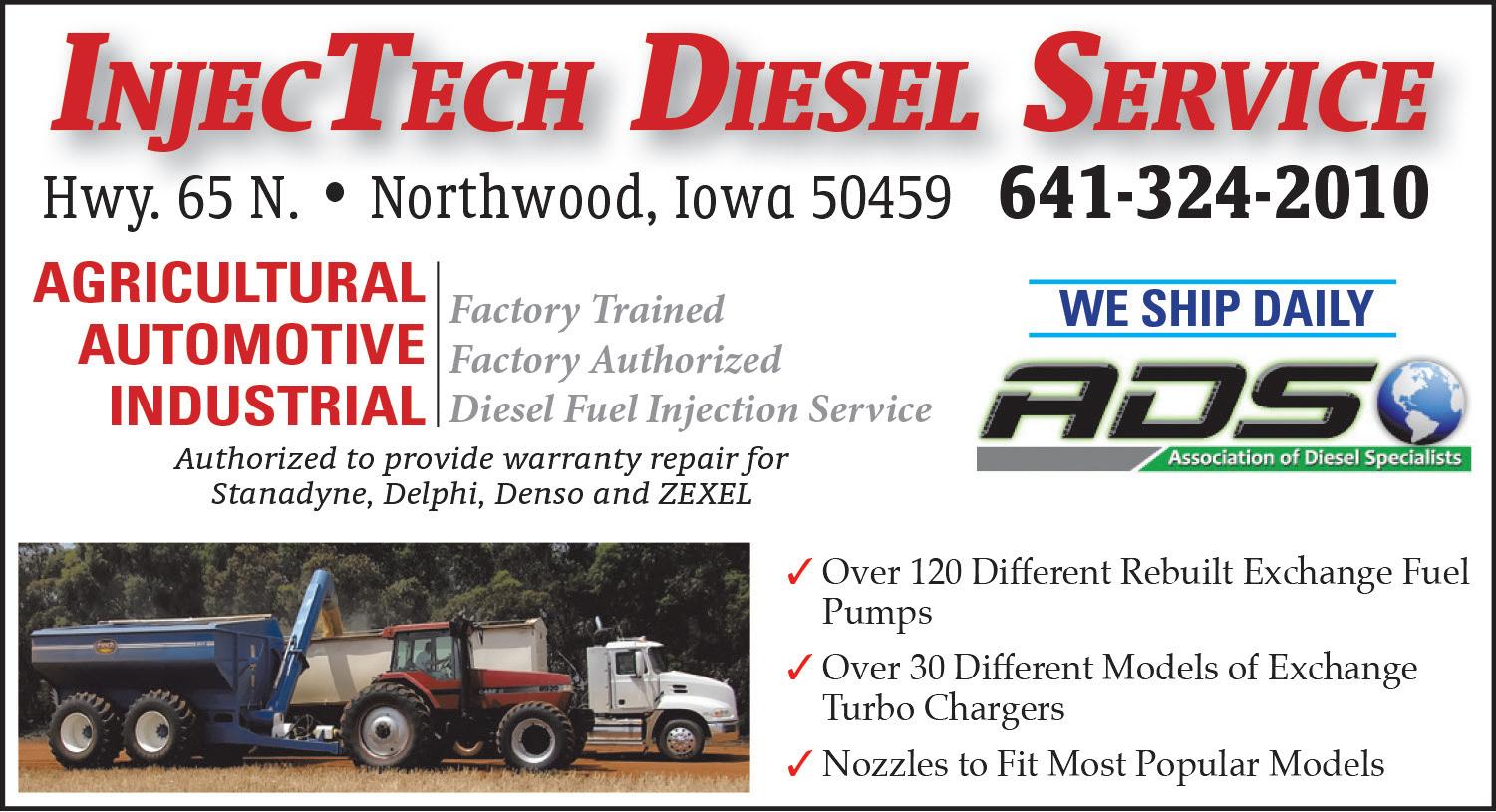


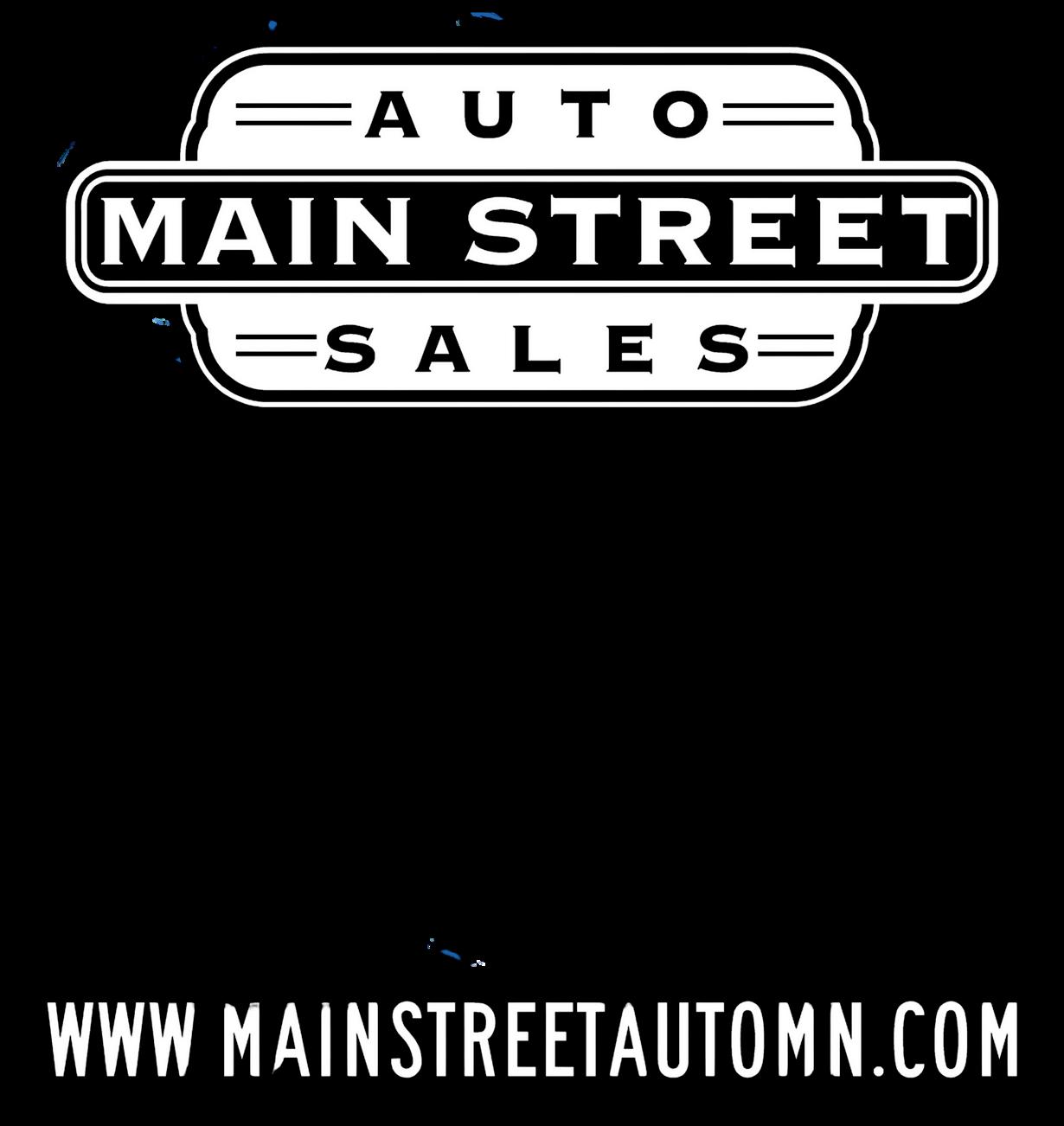

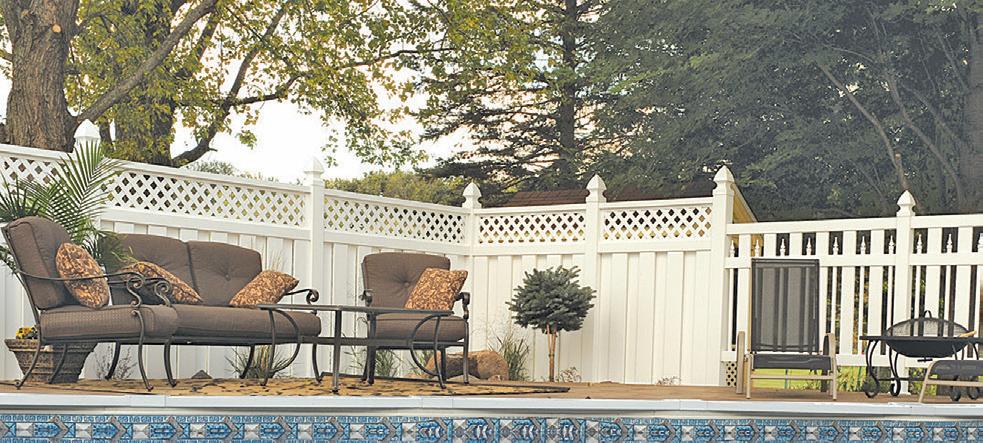
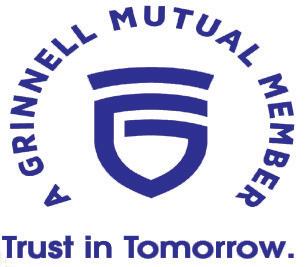


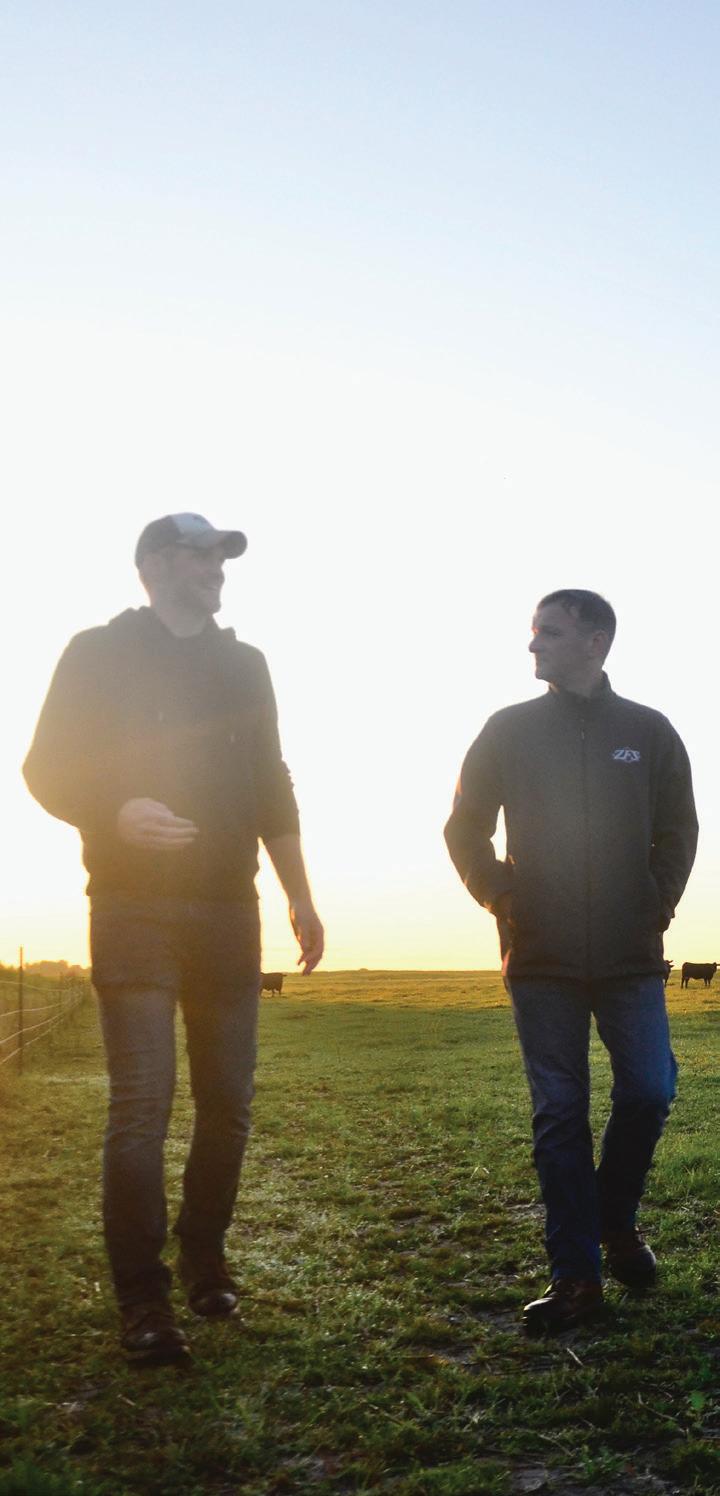

FALL HARVEST 2025
An Agricultural, Farming and Rural Development Supplement to the Freeborn and Mower County Shoppers.





















We’re always looking for volunteers, sponsors, and partners. Whether you’re a farmer, educator, or advocate, there’s a place for you at the Minnesota Soil Health Coalition. Visit mnsoilhealth.org to learn how you can contribute.
Thank you for your dedication to building healthy soils and resilient communities!
In addition to being part of a community of individuals who are passionate about soil health your membership also includes some great perks!
What is included in your annual membership:
• Attend meetings and field days for free
• Access to the mentor network
• Access to the Healthy Soils forum
• Receive our monthly newsletter
• Receive information on events in the state
• Be a part of the community of networking and the source of change in how we manage our soils
• The annual membership fee for the Minnesota Soil Health Coalition is $25.
Contact Us
Minnesota Soil Health Coalition
Email: mark@mnsoilhealth.org
Phone: (505) 980-1360
Website: mnsoilhealth.org




We’re thrilled to be attending Farm Aid 2025 as exhibitors in their Homegrown Village! This iconic event brings together music, food, and a powerful movement to support family farmers— and we’re proud to be part of it. Come find us, connect, and learn how healthy soil supports healthy farms, communities, and food systems. Let’s grow this movement together!
Farm Aid has been supporting family farmers since 1985, working to keep them on their land by providing critical resources, emergency assistance, and advocating for a food system rooted in family farming. With a mission to build a vibrant, just, and sustainable future for agriculture, Farm Aid also connects eaters and farmers, raises awareness, and hosts annual benefit concerts to fund their work.

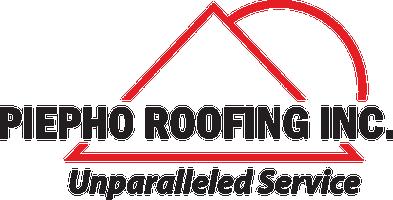

Your Full Service Builder/Remodeler

Buildings •New Construction •Remodeling •Fire & Water Restoration •Additions, etc.
No job is too big or too small... We Do It All!
507-383-1061



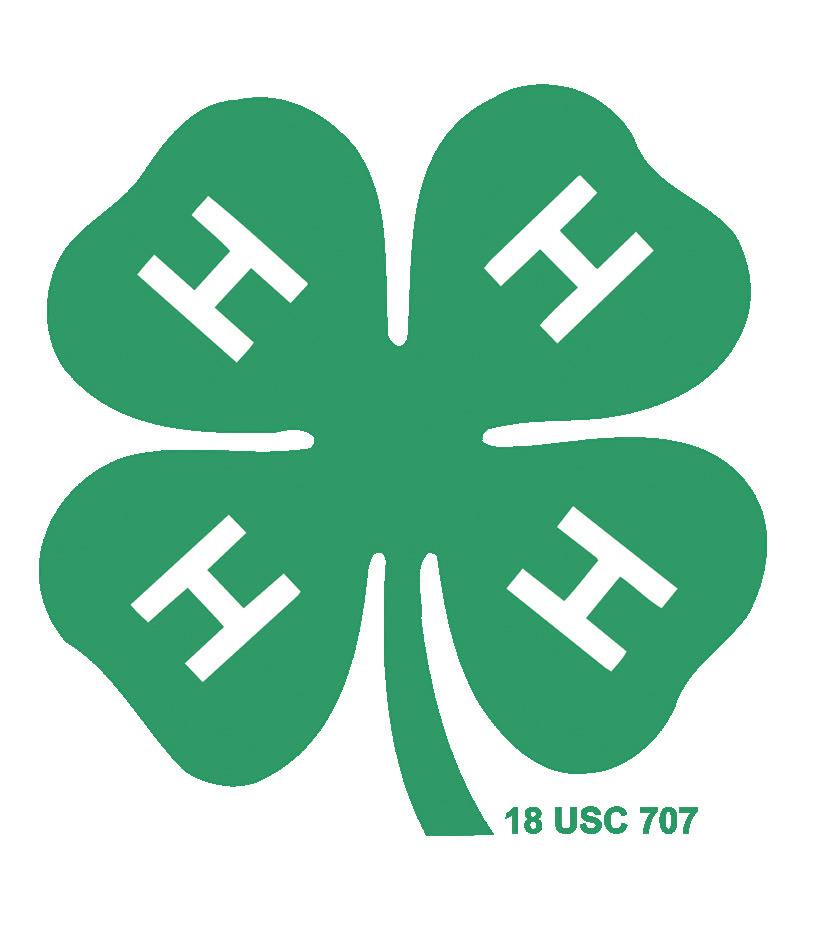
In 2024, Minnesota 4-H started a program to recognize youth that make a difference and contribute to their community. This program is called the Community Impact award recognition program. These awards are achieved by youth entering their projects at the local county fairs and through conversations with the judges, the youth describe the impact made towards their local community. Here is what Minnesota 4-H at county fairs webpage (https:// extension.umn.edu/4-h-showcase-events/ minnesota-4-h-county-fairs#communityimpact-recognition-2364812) explains:
Minnesota 4-H recognizes youth who are making a difference in their community and are sharing their story through project(s) and exhibit(s).
Judges at local and state showcases will place a recognition sticker on each exhibit where the 4-H’er clearly articulates how their efforts made a positive community impact. Exhibitors will be asked, “Has your project made a positive difference in your community? And if so, how?”
To qualify for community impact recognition, the project should primarily benefit someone Kohen Jenson,


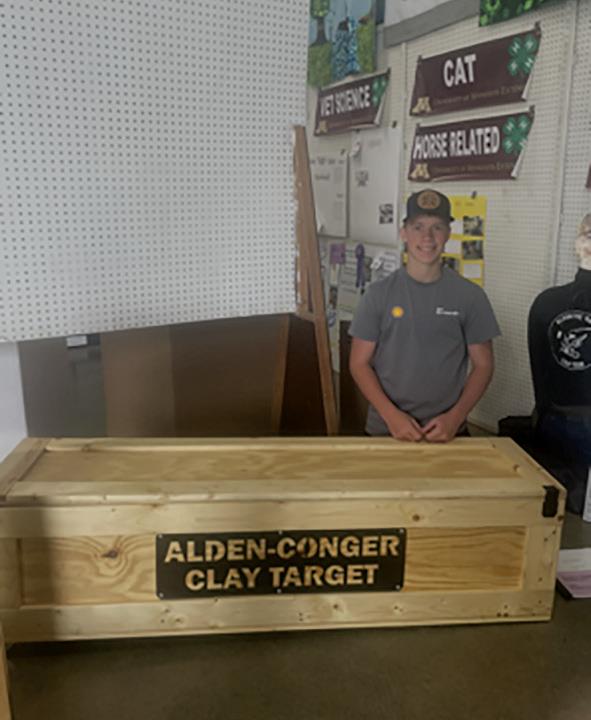
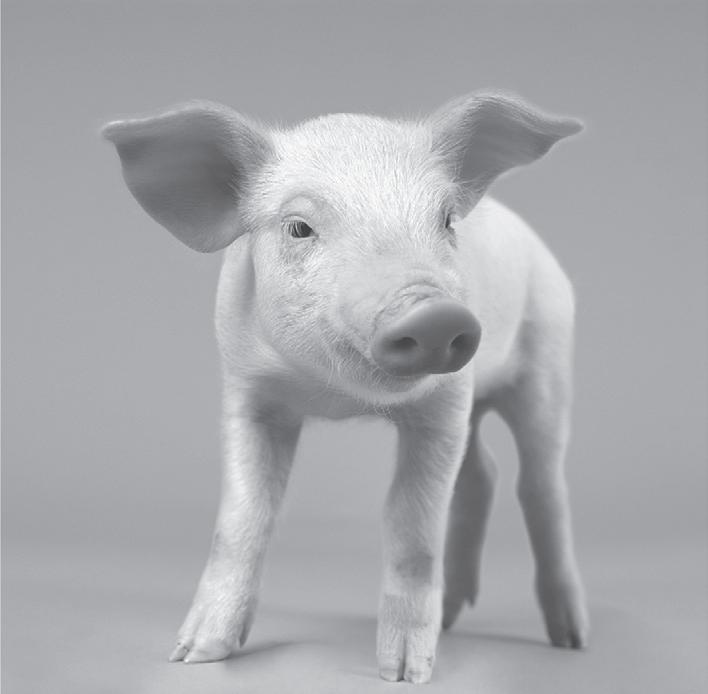

or something more than the youth individually or their family. Exhibits and presentations may demonstrate the youth’s community impact efforts through:
• Direct service involves face-to-face interactions with the people, animals or environment being served - such as distributing meals or cleaning up a park.
• Indirect service involves benefiting a cause or group, but there isn’t direct contact with those who benefit - such as fundraising or knitting blankets.
• Advocacy involves researching issues of public interest and then encouraging action or promoting awareness - such as promoting mindfulness practices to a school curriculum committee or collecting water quality data for a community organization.
Freeborn County 4-H had 2 projects that were awarded this and those projects will make a difference in their local communities. We had Kohen Jenson from the Conger 4-H Club and Jordan Brouwers from the Hartland 4-H Club earn these awards.
Kohen did a project for the Shooting Sports & Wildlife project area while Jordan’s project was in the Pets project area.
Jenson’s project will be benefiting the AldenConger Clay Target Team and Brouwers’ will benefit the Freeborn County 4-H Dog Training project. Both of these youth saw a need for their local community, took on the project to make the program they are working with better, and completed their own task of doing this project. Check out their hard work through the pictures



that captured their project work this year which earned them as recipients of the Community Impact award.
If anyone has questions about the local 4-H program here in Freeborn County or about the Community Impact award recognition program, please connect with Amy Wadding at the Freeborn County Extension Office at 1-507-377-5660 or mads0150@umn.edu.
















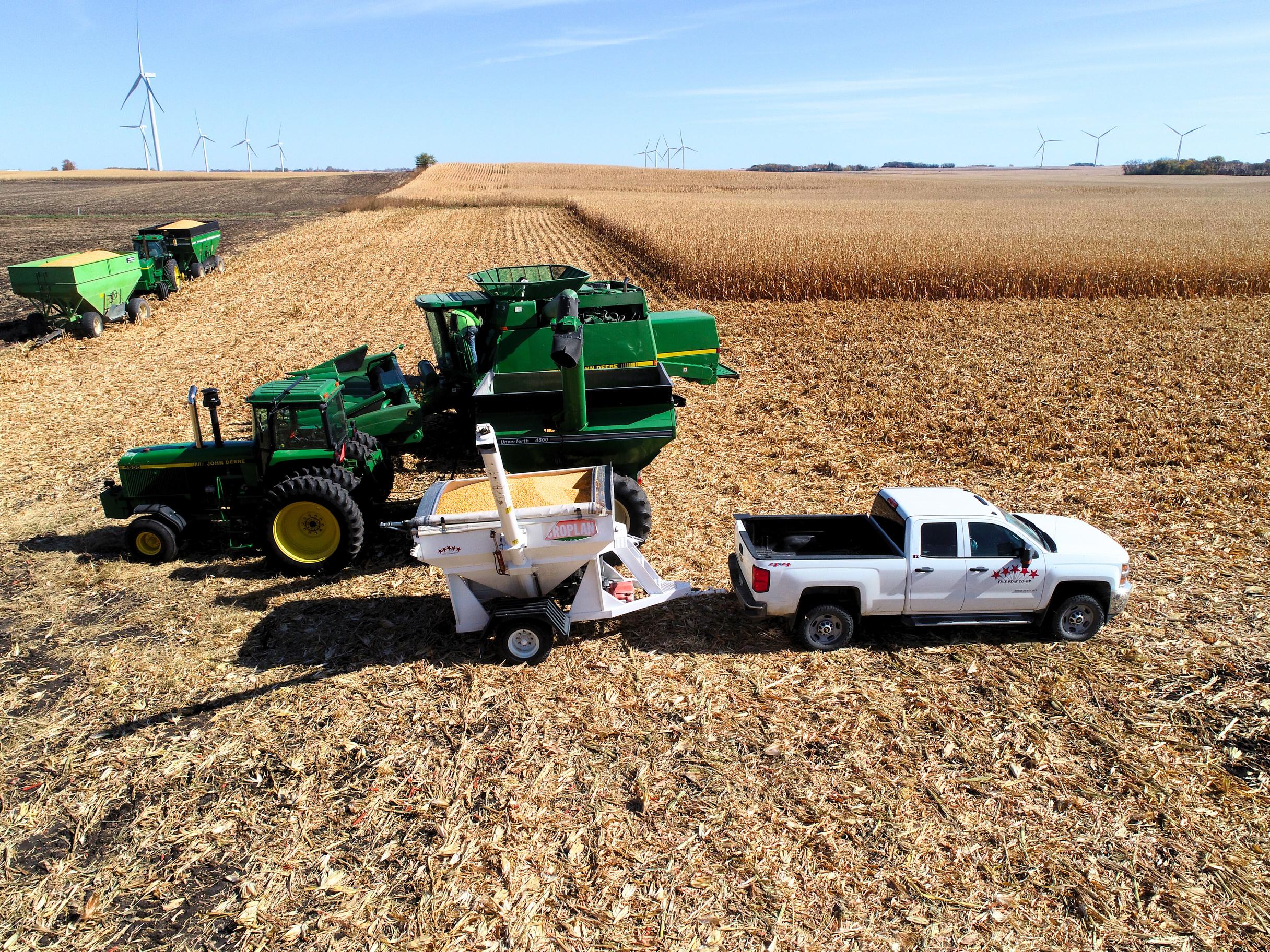

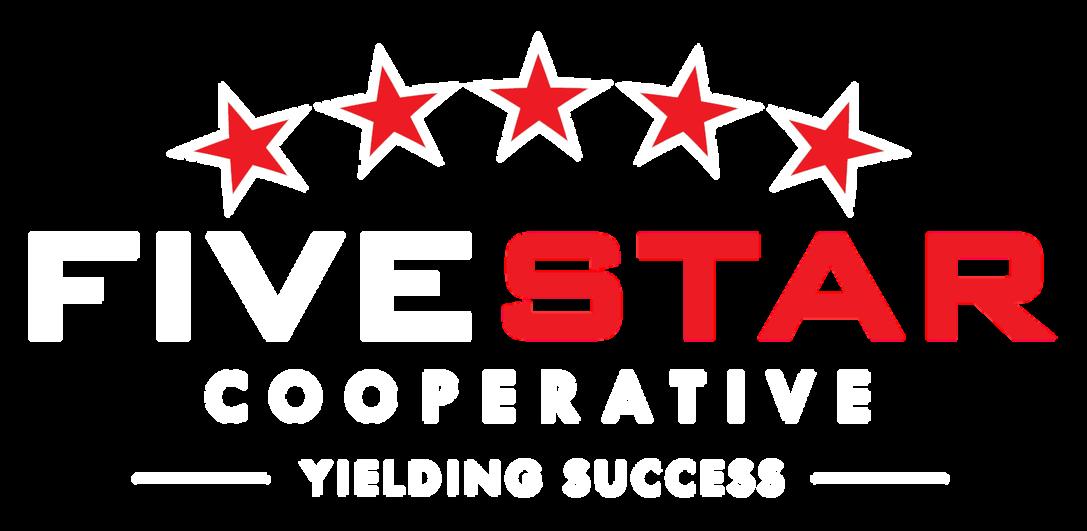
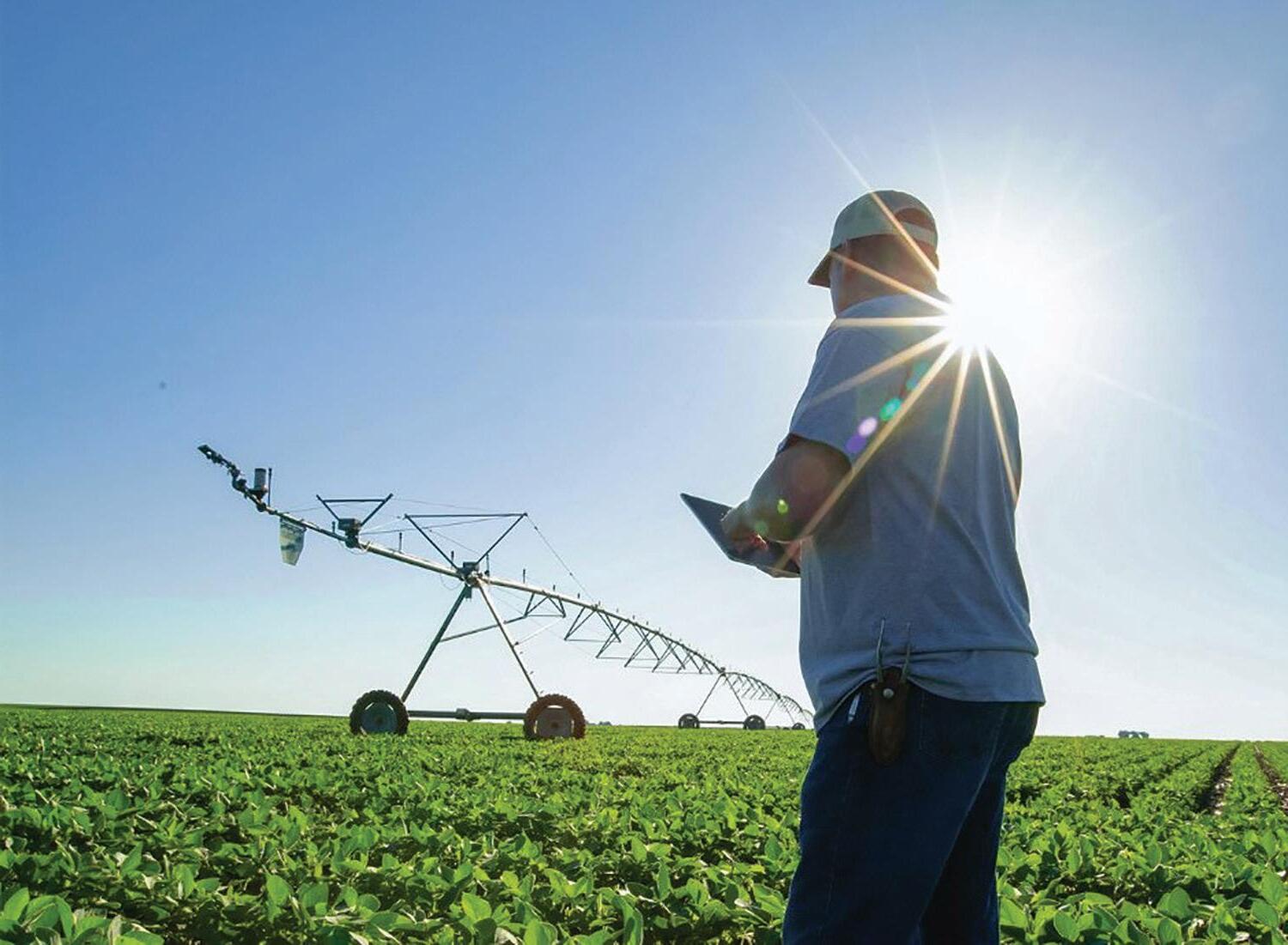






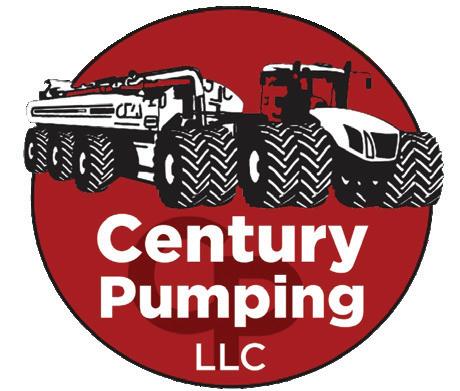



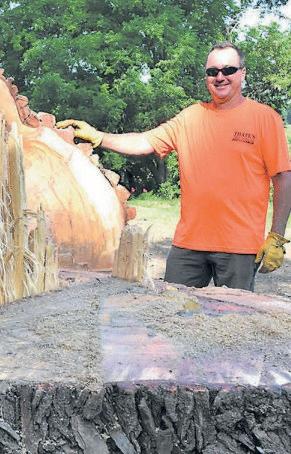




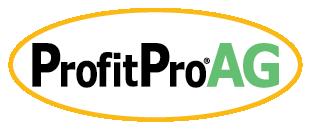



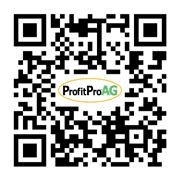
University of Minnesota Extension Master Gardener Volunteer Program is open to all people — of all experience levels — in all 87 Minnesota counties.
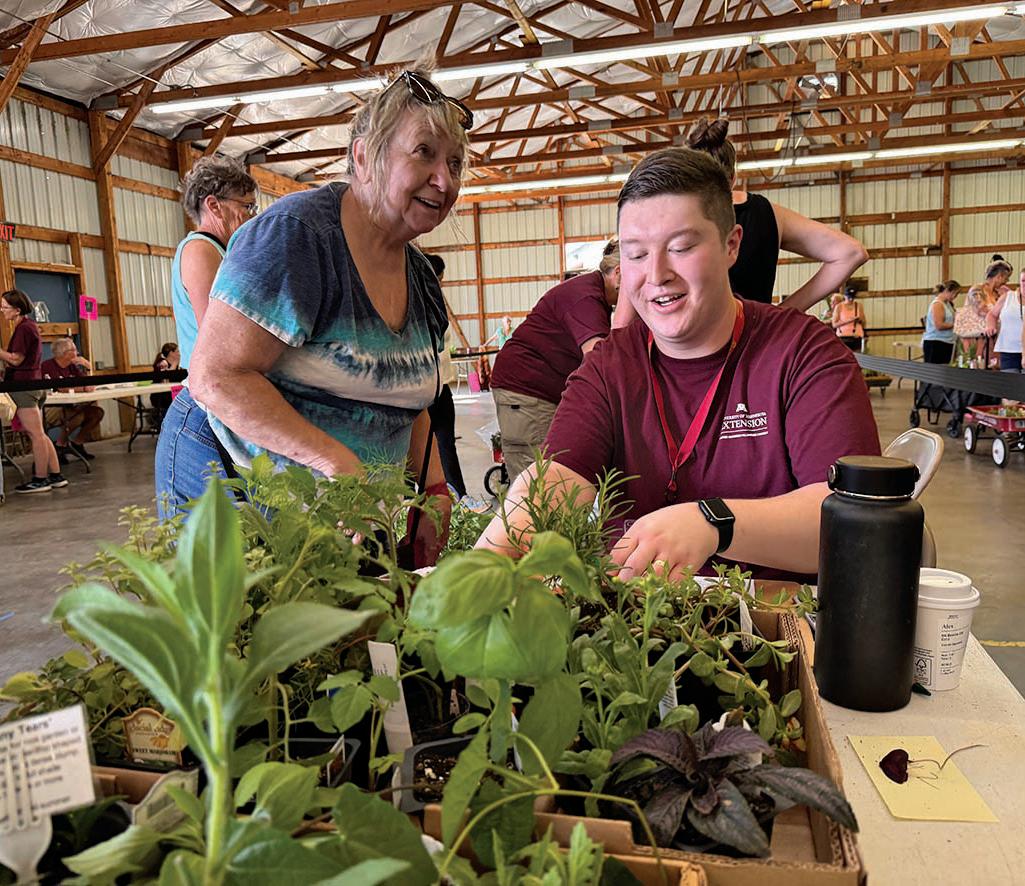

Media Contact: Sarah Jackson, News Media Manager, U of M Extension, sjacks@umn.edu.
ST. PAUL, Minn. (8/14/2025) — The University of Minnesota Extension Master Gardener Volunteer Program is accepting applications now through Oct. 1, 2025.
Extension Master Gardener volunteers share science-based horticulture knowledge and practices with people across Minnesota, promoting healthy landscapes and communities through various projects and volunteer efforts.

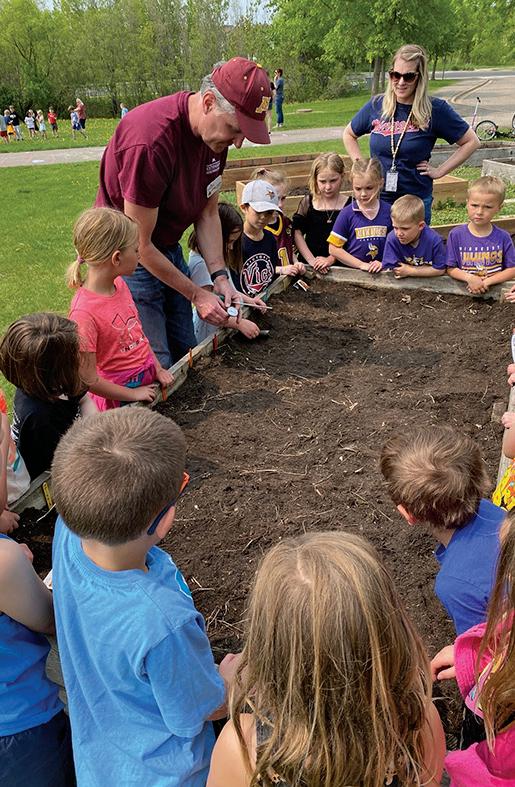
Priorities for the program include providing information about horticulture skills, local food, pollinator health, plant biodiversity, green spaces, clean water and climate resilience. Becoming a Master Gardener volunteer gives participants a chance to explore their specific interests while helping the state of Minnesota.
“Our understanding of the benefits of gardening is expanding to include personal and community wellbeing, pollinator health, climate-resilient landscapes and more,” said Tim Kenny, the


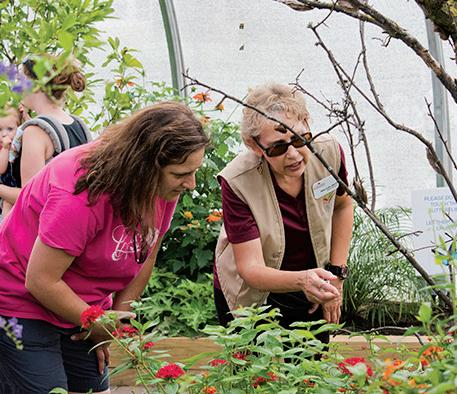
statewide director of the Extension Master Gardener Volunteer Program. “Becoming a Master Gardener volunteer is a great way to invest time and energy in local activities and efforts that support healthy people and a healthy planet.”
The University of Minnesota has trained thousands of Master Gardener volunteers over the years. Currently, more than 3,800 volunteers are active in the program, and they will contribute an estimated 185,000 hours of their time in communities across Minnesota this year.
Applications for the 2026 training are due Oct. 1. The Horticulture Core Course for the program begins online in January 2026, including optional weekly live Zoom Q&A sessions Tuesday nights January through May with University of Minnesota and Extension educators and faculty.
To become an active Master Gardener volunteer, individuals are asked to complete the Core Course and 50 hours of volunteering in the first year. After the first year, volunteers are asked to commit 25 hours to annual volunteer work as well as five hours of continuing education.
Core Course topics include botany and horticulture; soils, composting and fertilizers; integrated pest


management; plant pathology; entomology; growing fruits and vegetables; herbaceous and woody ornamental plants; lawns; weeds; indoor plants and propagation; living with wildlife; plant diagnostics; inclusive volunteering; and community engagement.
The Master Gardener Volunteer Program seeks to welcome all, to eliminate barriers to participation, to make scientific concepts understandable and available to everyone and to inspire lifelong horticultural learning. All ages and experience levels are welcome.

To learn more about the program and apply, visit z.umn.edu/MG_info or call 612-625-9864. Photos for publication can be found in this gallery. If you’d like to speak to a local Master Gardener volunteer or visit a local garden, contact Extension News Media Manager Sarah Jackson at sjacks@umn.edu.
Note: Volunteers are especially needed to grow Master Gardener volunteer programming in 2026 for the following counties: Brown, Cass, Freeborn, Grant, Jackson, Kittson, Koochiching, Mahnomen, Nobles, Pope, Red Lake, Roseau, Wabasha and Wilkin.
The University of Minnesota Extension Master Gardener Volunteer Program is accepting applications statewide now through Oct. 1, 2025. The Horticulture Core Course for the program is



offered online beginning in January 2026, including optional weekly live Zoom Q&A sessions on Tuesday nights January through May with University of Minnesota and Extension educators and faculty. Fees are $340-$399; some financial assistance is available. To learn more about the program and apply, visit z.umn.edu/MG_info or call 612-6259864.
For more news from U of M Extension, visit www. extension.umn.edu/news or contact Extension Communications at extdigest@umn.edu. University of Minnesota Extension is an equal opportunity educator and employer.
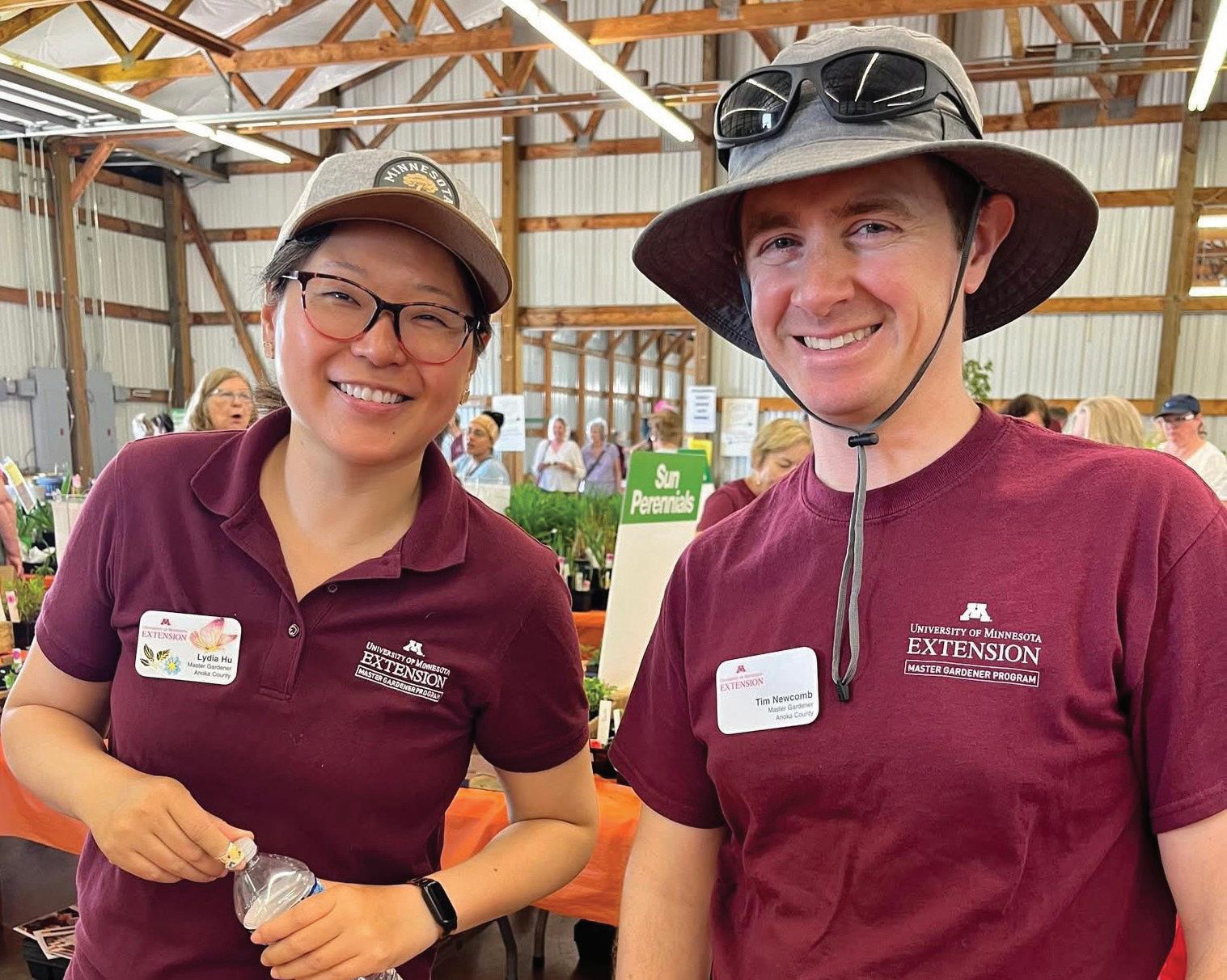






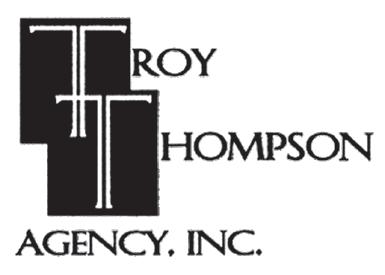



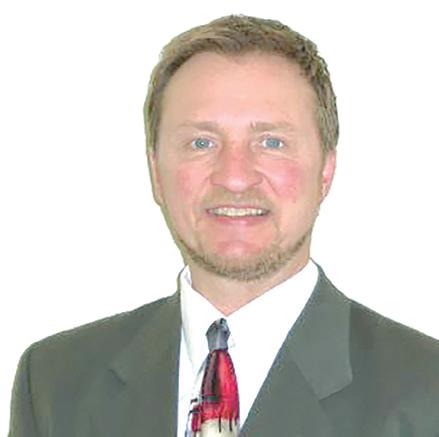
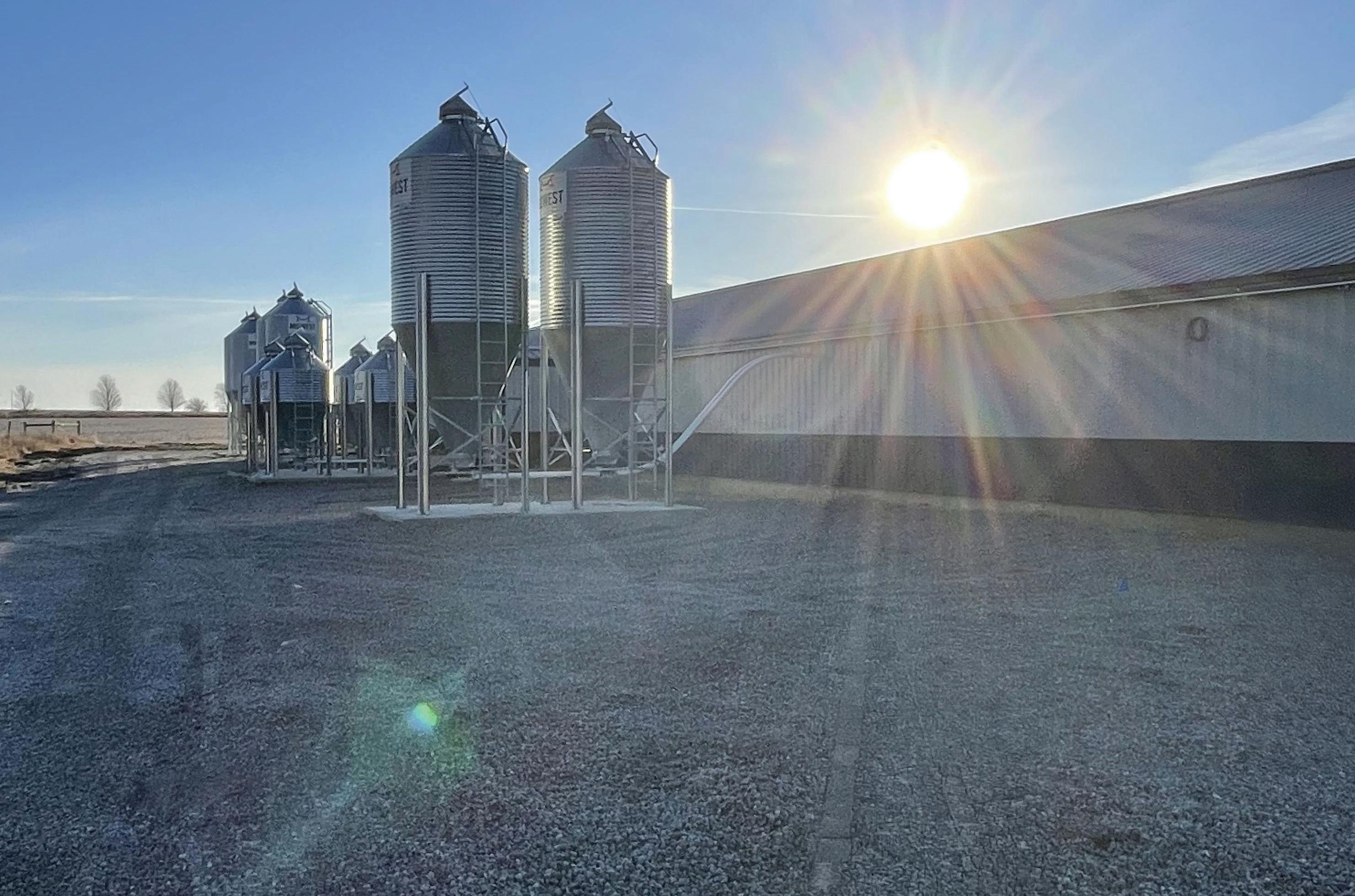











The Premier Soil Health Event is for farmers, by farmers. Hosted by the Minnesota Soil Health Coalition, this event brings local, national, and regional soil health experts together to provide farmers and ranchers information they can use to improve their operations Network with other farmers and farmer mentors, plus learn from long-time practitioners of strategies that build soil health.
Featuring keynote speakers: Dr. Kris Nichols
Blake Vince Joe Ailts
Peter Kramer
Plus, hear from local farmers and agronomists!

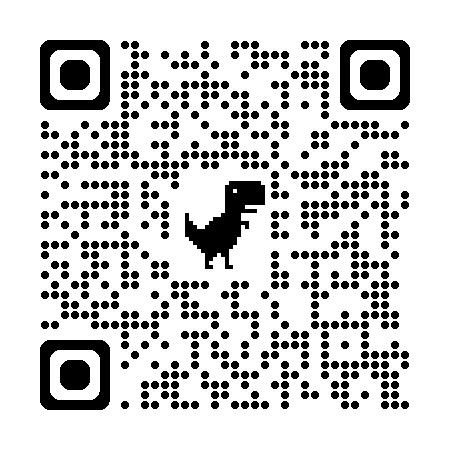





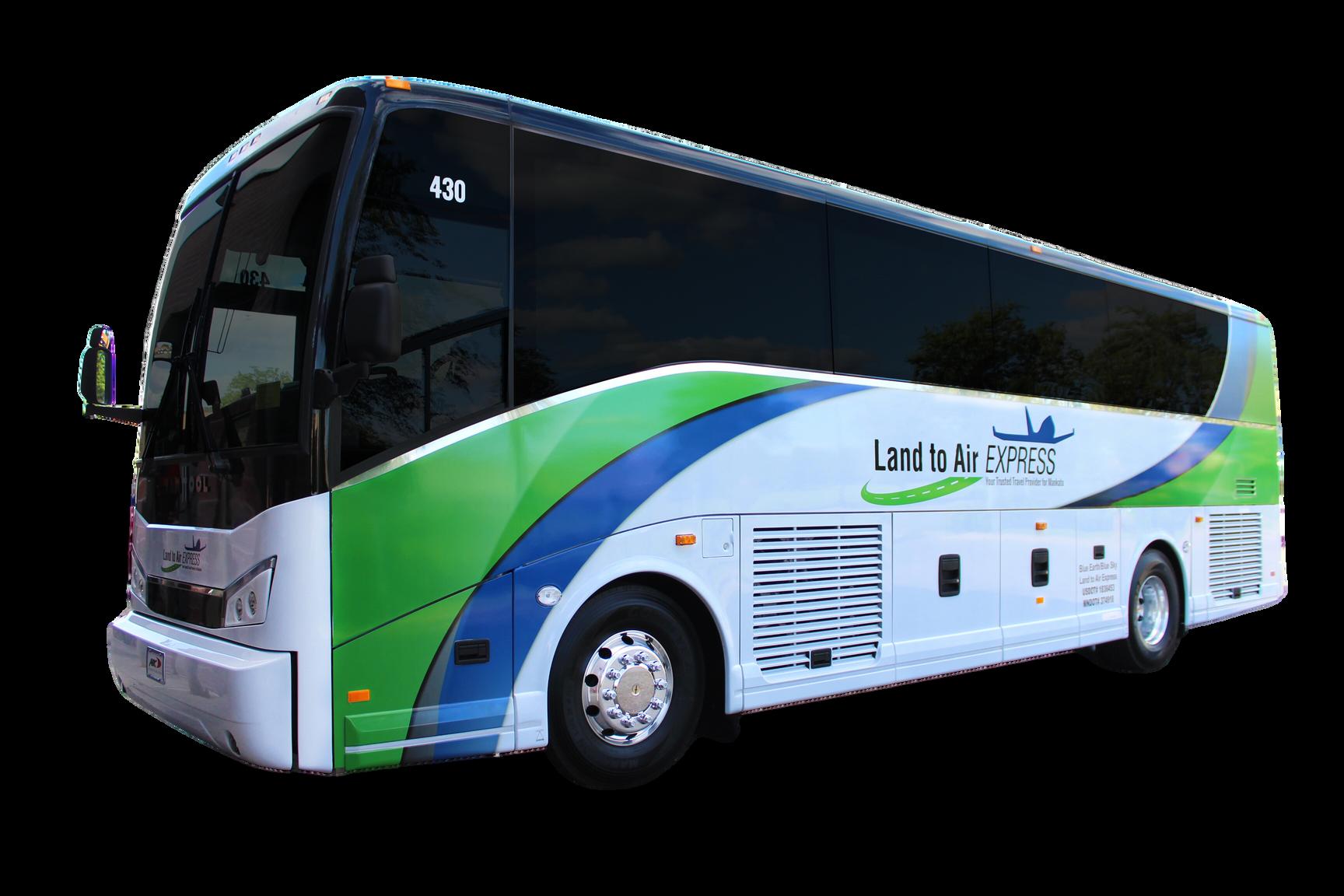
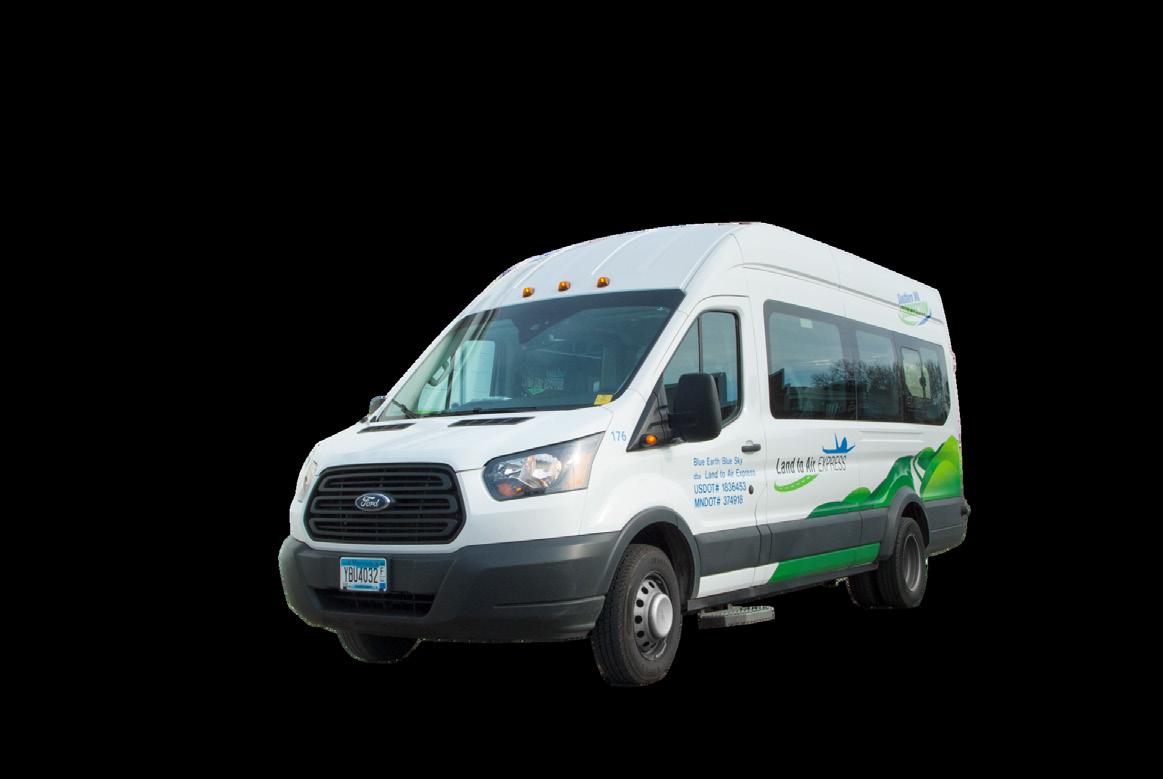

Terri Jensen, ALC (Accredited Land Consultant), National

Realty 507-382-0908
The #1 question we receive: what are land values doing and what is impacting land prices? This is a great question. As land professionals with access to data from REALTOR® organizations, professional affiliations with REALTORS® Land Institute, American Society of Farm Managers & Rural Appraisers, NASS, USDA, and many other sources, we can assist in providing information in answer to this question.
So, what are land values doing in Minnesota? Bottom line overall for Minnesota land: average values from 2024 to 2025 are up 7.0% statewide. Good/premium quality land remains stable or has seen slight increases. Land that needs tile or irrigation, has poor access, shape or topography issues, etc., may receive more scrutiny from market participants. The lack of supply to meet demand has continued to impact land prices. This is borne out by 1,541 fewer farms sold from 2021 to-date, but with higher current prices per acre than in 2021.
Market
• Low Inventory, High Demand: With few properties for sale, demand remains strong enough to keep prices from sliding.
• Investment Appeal: Stock market
uncertainty has some investors shifting to farmland, which offers returns from both rental income and appreciation. Historically, ag land has produced longterm returns of 8–12% and generally increases in value over time.
• Generational Shifts: As younger farmers return and expand operations, and older generations retire or sell, land transactions will remain active for years ahead.
• E15 Extension: Allowing continued use of E15 fuel during the 2025 driving season supports farmers and ethanol producers, while saving consumers 10–30 cents per gallon.
• Possible Aid: While not guaranteed, past trade disputes have led to emergency

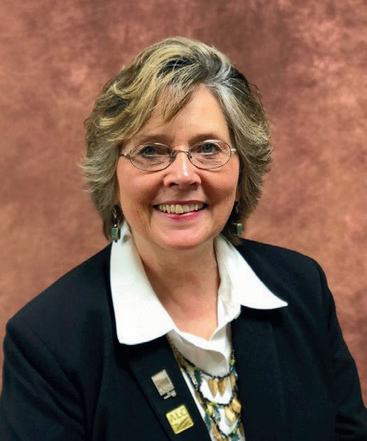
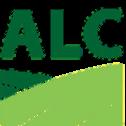

Mortgage money is available and interest rates are still in single digits, unlike the 15-17% interest rates in the 1980’s recession.
Rising interest rates, tighter operating capital, trade partners sourcing commodities from Brazil and elsewhere, and immigration policy uncertainty in the ag labor market all create headwinds.
In Minnesota alone, where agriculture accounts for over 15% of the economy, tariffs can ripple far beyond farms—impacting manufacturing, trade, transportation, and
more. Agriculture contributes $106 billion in output and supports over 388,000 jobs statewide.
While these uncertainties can’t be ignored, positives remain in today’s marketplace. If you’d like to talk through how tariffs and other factors may impact land prices in your area, reach out to me at tjensen@ NationalLand.com or connect with your local Land Professional.
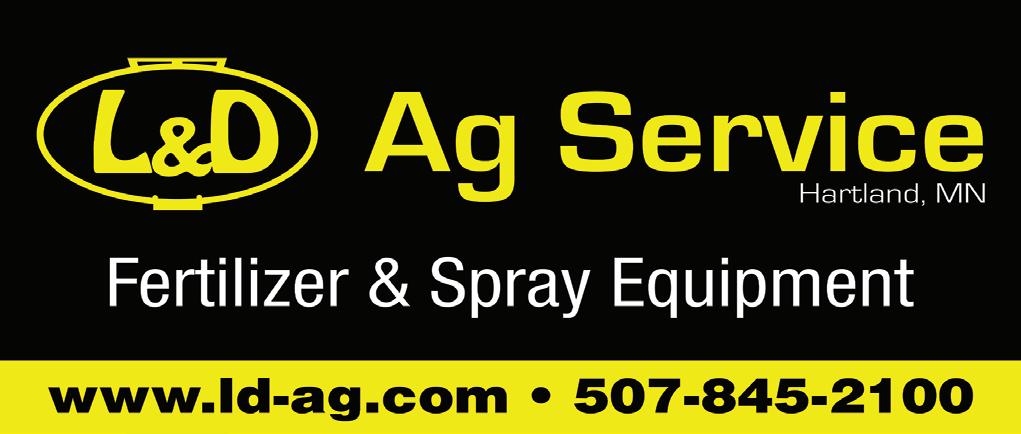












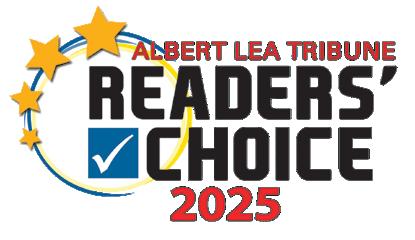
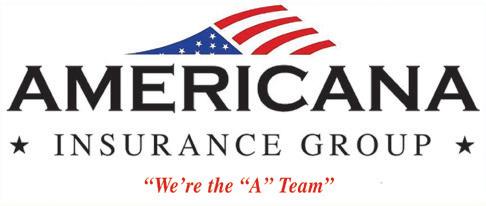

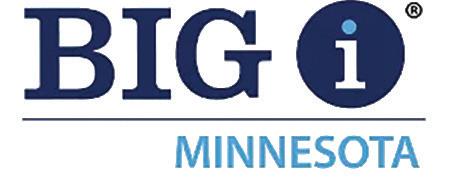







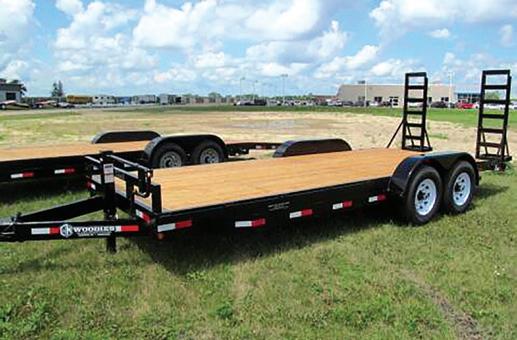
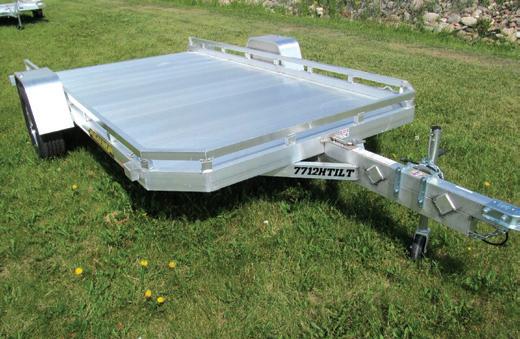
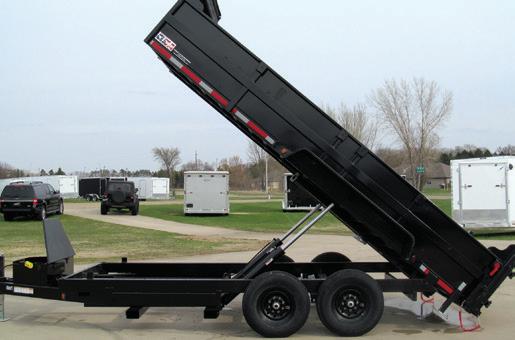





St. Paul, MN – The Minnesota Department of Agriculture (MDA) is now accepting applications for the Dairy Profitability Enhancement Grant. This funding is available to regional or statewide organizations to administer and deliver the Dairy Profitability and Enhancement Program (DPEP).
DPEP is intended to provide information and technical assistance to dairy farms of all sizes to enhance their financial success and long-term sustainability.
Eligible projects must:
• Offer technical assistance to dairy farms of all sizes, delivered individually, as a team, or through other proven methods.
• Serve dairy farms located in Minnesota.
• Begin only after the grant contract has been signed by all parties and the start date has been reached.
Eligible expenses must directly support the Dairy Profitability Grant program and may include, but are not limited to:
• Staff time and travel (out-of-state travel requires prior approval)
• Promotion of the program
• Staff training and professional development
• Equipment and supplies
There is $500,000 available per year in fiscal years 2026 and 2027. Applicants may apply for a minimum of $25,000 and a maximum of $500,000 for each year. All information about the program is available on the program’s webpage. Applications will be accepted until September 24, 2025, at 4 p.m. CT.
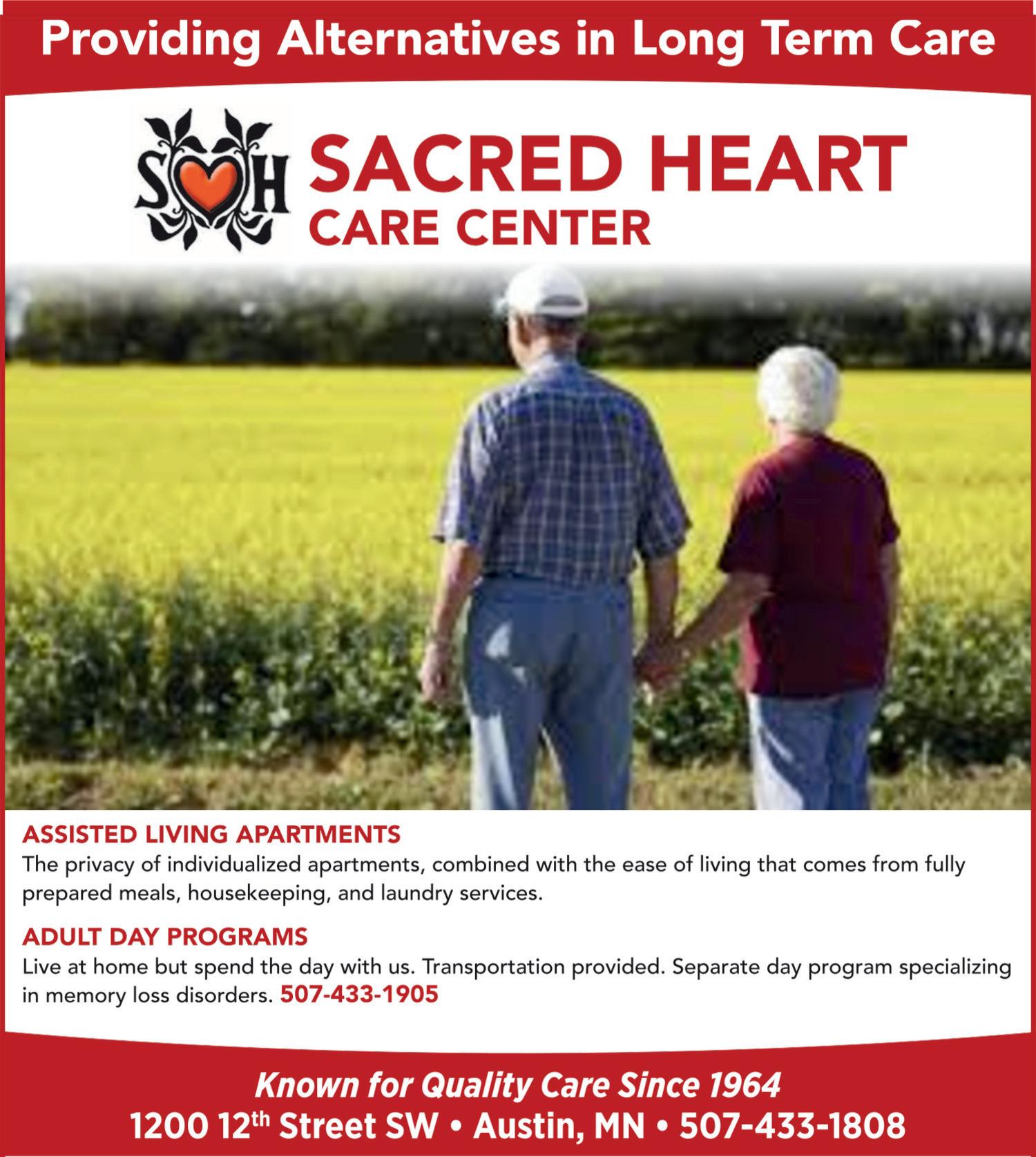
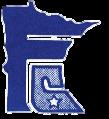

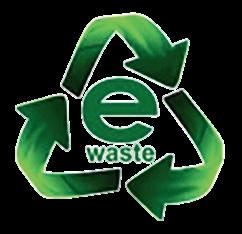
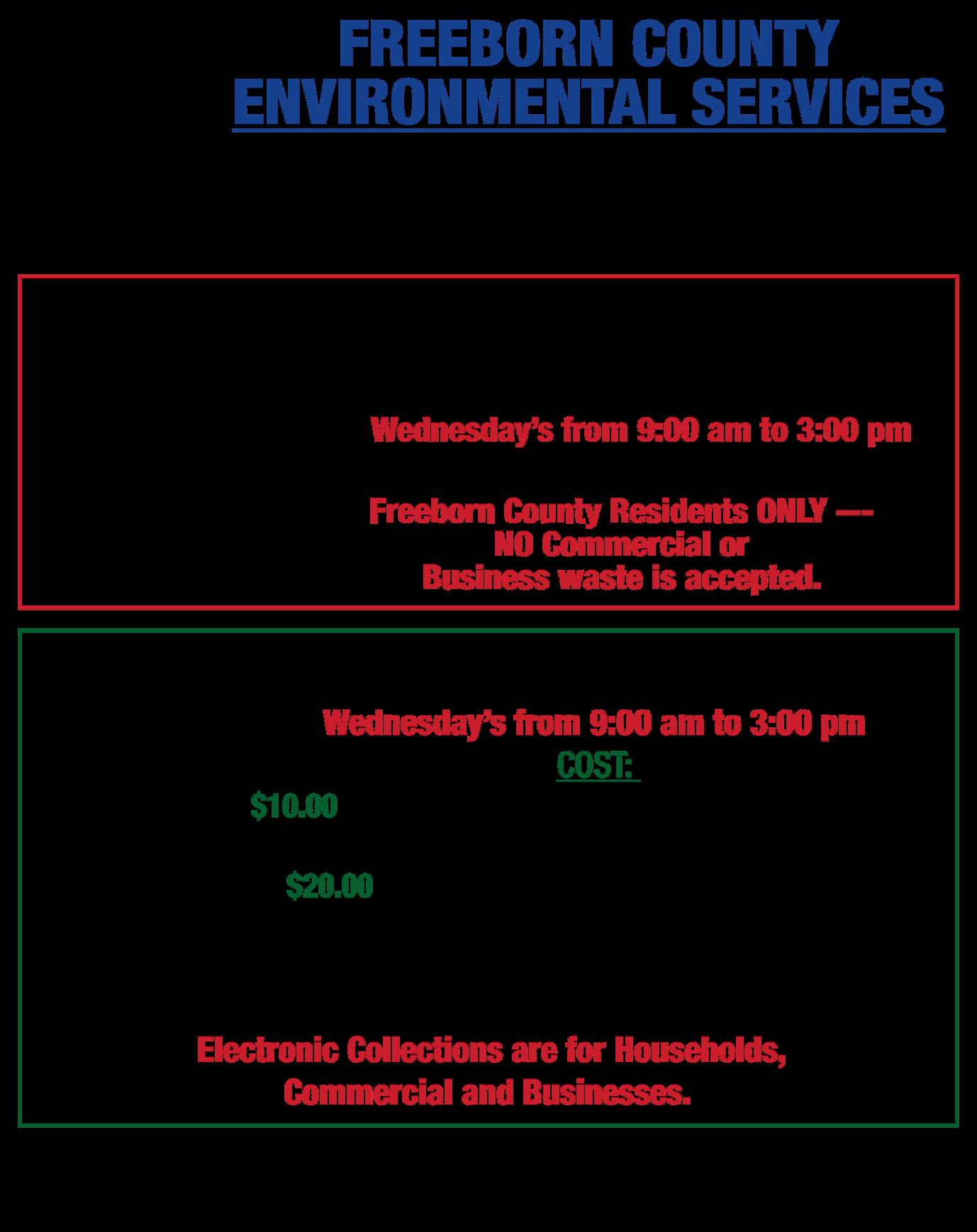
REMINDER: CLOSED FAIR WEEK EVERY YEAR


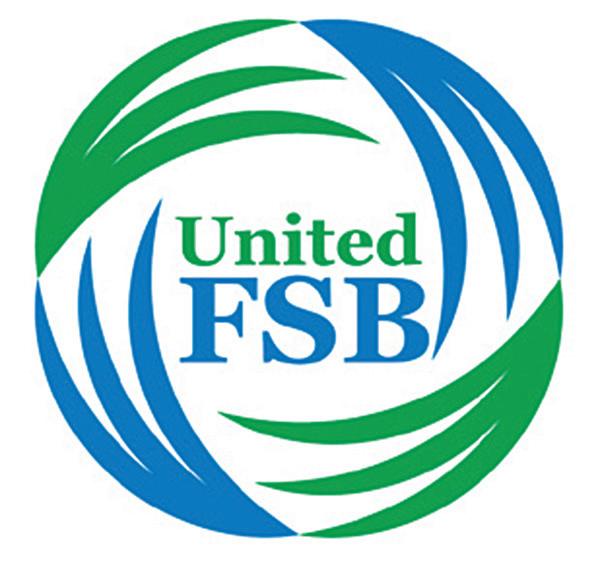

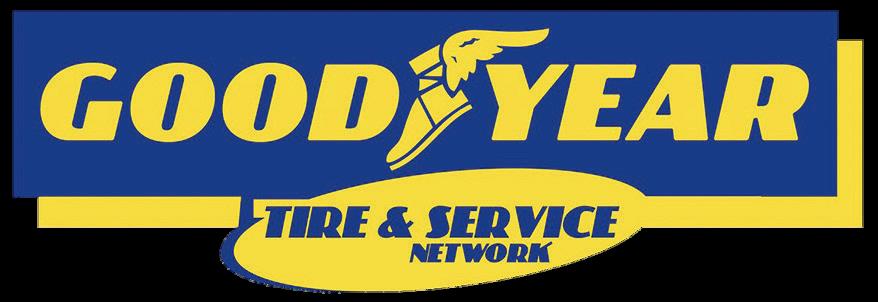





DATE
September 9, 2025
9:30am - 1:00pm with lunch provided
LOCATION
20457 20th St. Wells, MN
term drainage plots managed by the University of Minnesota since


Learn how varying tillage, fertility, and other soybean management practices perform on fields with and without drainage. Discuss CI scores in different cropping systems. Local Farmer Panel
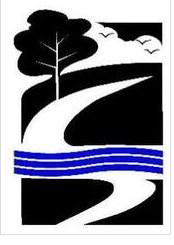
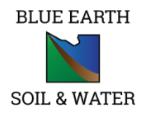

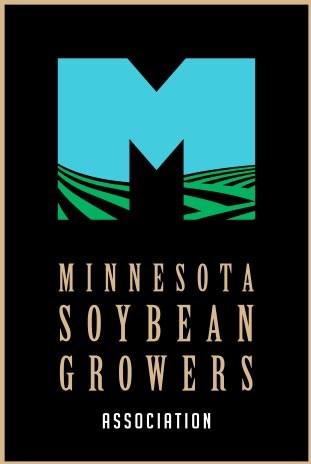
RSVP to Cammi Nordmeyer, Waseca SWCD, at 507 835 0603, cammin.swcd@wasecacounty.gov or the google form below https://z.umn.edu/Sep9reg
RSVP to Cammi Nordmeyer, Waseca SWCD, at 507-835-0603, cammin.swcd@wasecacounty.gov or the google form below https://z.umn.edu/Sep9reg


Are you interested in working with USDA to start or grow your farm, ranch, or private forest operation, but don’t know where to start?
Whether you’re looking to access capital or disaster assistance through USDA’s Farm Service Agency (FSA) or address natural resource concerns on your land with assistance from USDA’s Natural Resources Conservation Service (NRCS), a great place to start is farmers.gov.
.gov is a one-stop shop for information about the assistance available from FSA and NRCS. The site also offers many easy-to-use tools for farmers, ranchers, and private forestland owners, whether you are reaching out for the first time or are a long-term customer with a yearslong relationship with USDA.


With a farmers.gov account you can:
• Complete an AD-2047, Customer Data Worksheet, prior to your first meeting with FSA and NRCS.
• View farm loan payments history from FSA.
• View cost share assistance received and anticipated from NRCS conservation programs.
• Request conservation assistance from NRCS as well as view and track your conservation plans, practices, and contracts.
• View, print, and export detailed farm records and farm/ tract maps for the current year, which are particularly useful when fulfilling acreage reporting requirements.
• Print FSA-156 EZ, Abbreviated Farm Record and your Producer Farm Data Report for the current year.
• Pay FSA debt using the “Make an FSA Payment” feature
• Apply for a farm loan online, view information on your existing loans, and make USDA direct farm loan payments using the Pay My Loan feature.
